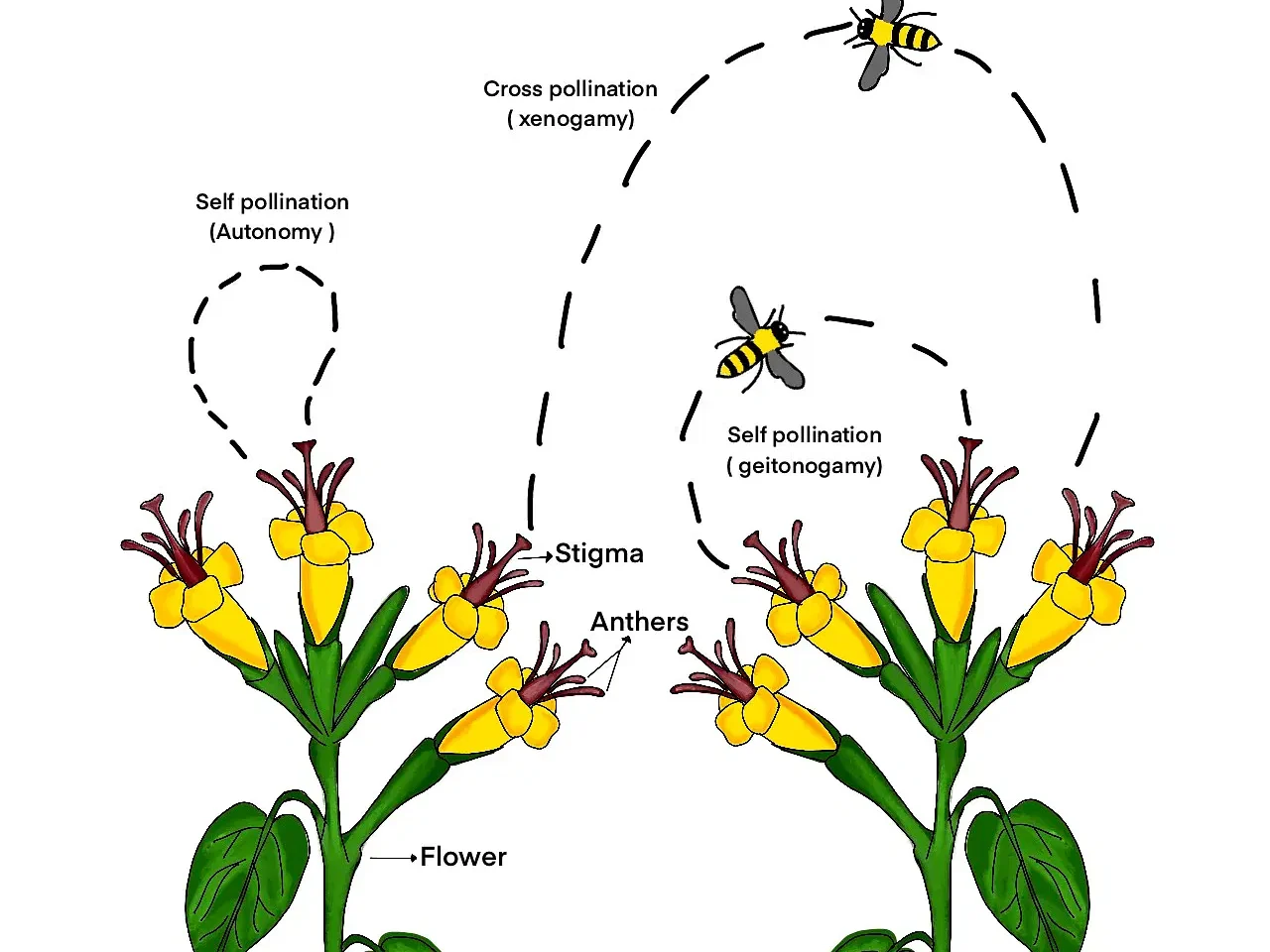Class 11th Chemistry Notes
Concept of Elements, Atoms, and Molecules
In chemistry, understanding the basic concepts of elements, atoms, and molecules is crucial as they form the foundation for understanding chemical reactions, structures, and behavior of matter.
1. Elements
An element is a pure substance that consists of only one type of atom. Elements cannot be broken down into simpler substances by chemical means. Examples of elements include oxygen (O2), hydrogen (H2), and carbon (C).
Example 1:
Oxygen is an element because it consists only of oxygen atoms.
2. Atoms
An atom is the smallest unit of an element that retains all the properties of that element. Atoms combine in various ways to form molecules and compounds.
Example 2:
A single atom of hydrogen (H) consists of one proton and one electron.
3. Molecules
A molecule is a group of two or more atoms held together by chemical bonds. Molecules can consist of atoms of the same element or different elements.
Example 3:
Water (H2O) is a molecule composed of two hydrogen atoms and one oxygen atom.
Numerical Problems
Numerical Problem 1:
Calculate the number of atoms in 3 moles of carbon (C).
Solution:
1 mole of carbon contains Avogadro’s number of atoms (6.022 × 1023 atoms).
Number of atoms in 3 moles = 3 × 6.022 × 1023 = 1.8066 × 1024 atoms.
Numerical Problem 2:
A molecule of nitrogen gas (N2) consists of two nitrogen atoms. If a sample contains 4 moles of nitrogen gas, how many nitrogen atoms are present?
Solution:
1 mole of N2 contains 6.022 × 1023 molecules.
Since each molecule of N2 has 2 nitrogen atoms:
Number of nitrogen atoms in 4 moles of N2 = 4 × 6.022 × 1023 × 2 = 4.8176 × 1024 atoms.

